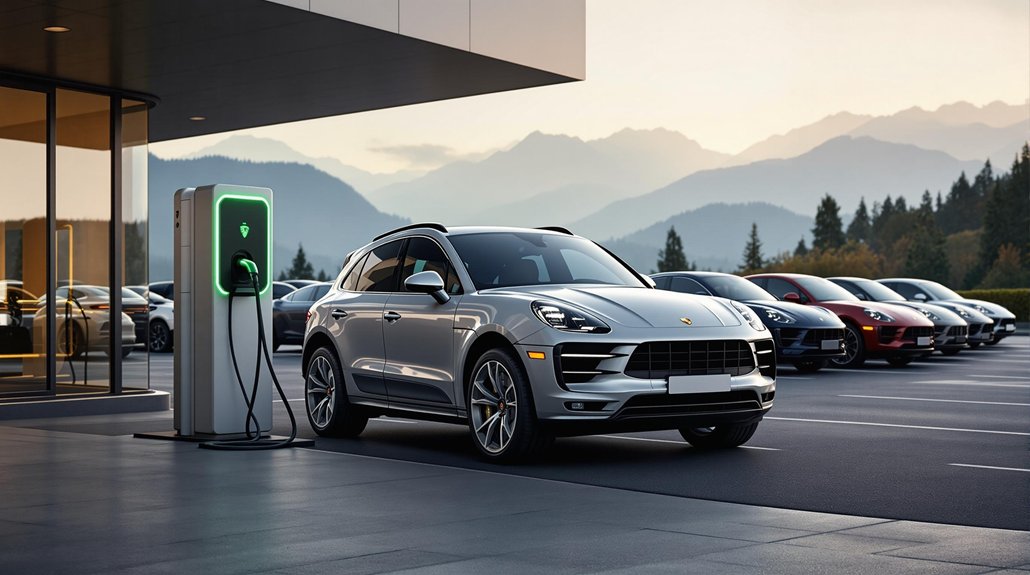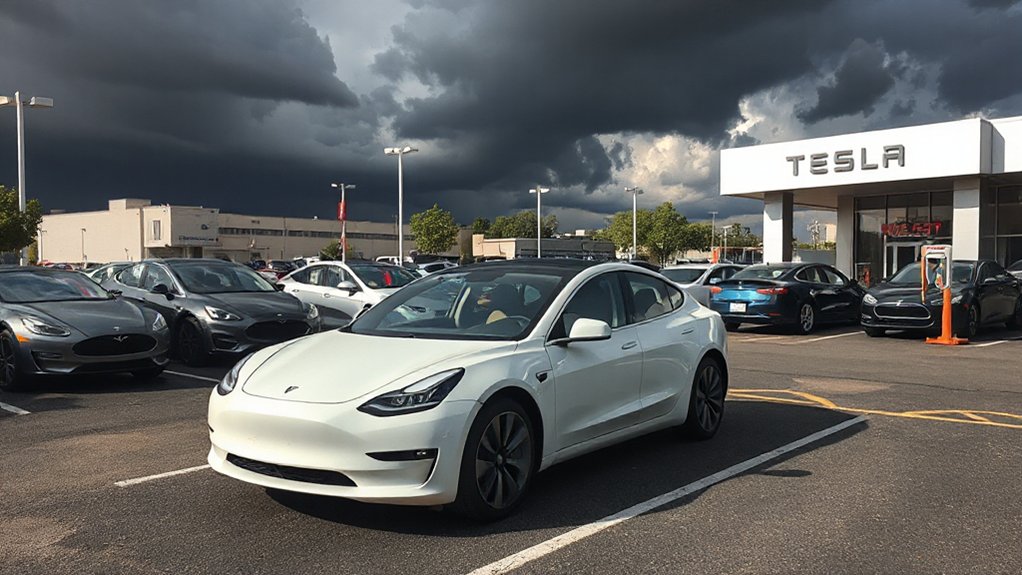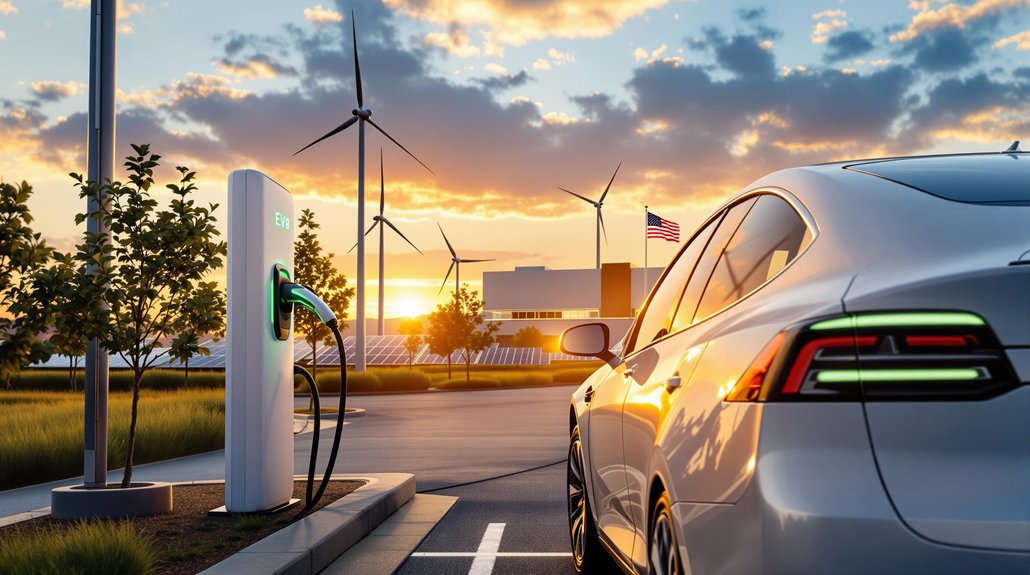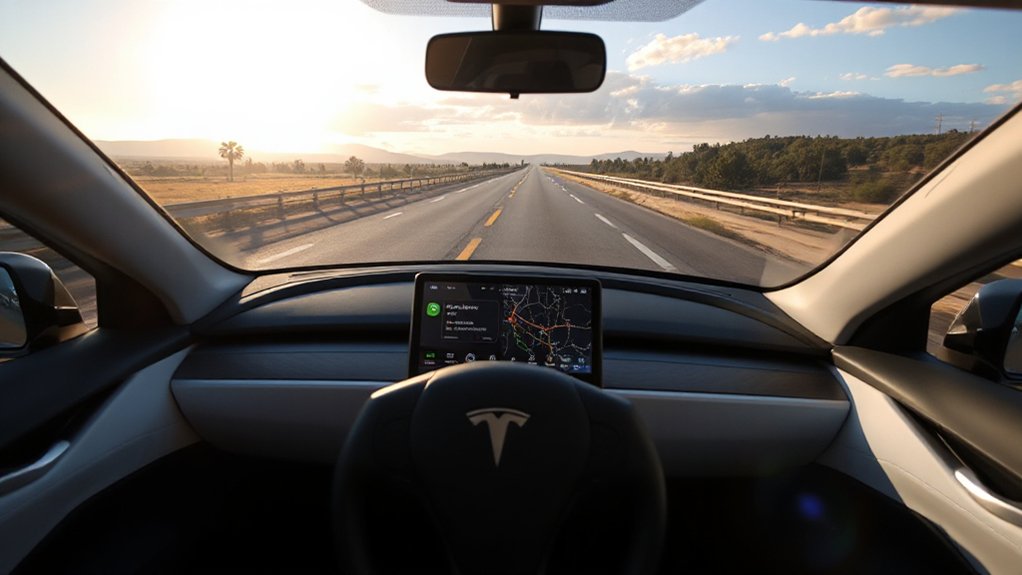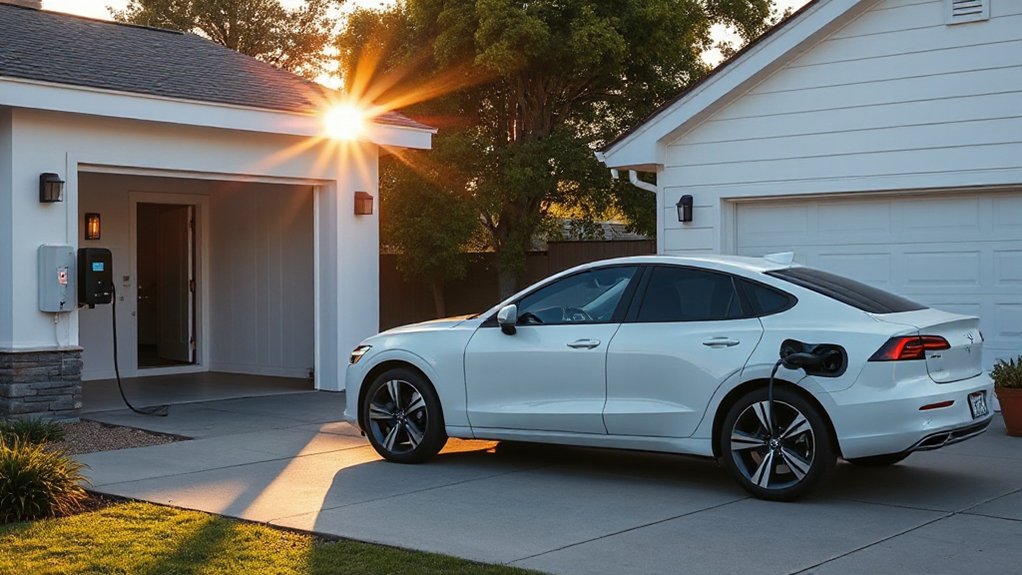Porsche’s electric vehicle sales have surged to 38.5% of all deliveries in Q1 2025. All-electric models make up 25.9% while plug-in hybrids account for 12.6% of the company’s 71,470 global sales. The electric Macan has been particularly successful, representing over half of all Macan units sold. In the U.S., electric vehicles drove a 40.6% increase in retail sales. These numbers reveal Porsche’s significant shift toward electrification.
Nearly four in ten Porsche vehicles sold worldwide in the first quarter of 2025 were electrified models. According to recent data, electrified vehicles made up 38.5% of Porsche’s total sales, with all-electric models accounting for 25.9% and plug-in hybrids representing 12.6%.
Electrified models now represent nearly 40% of Porsche’s global sales, with pure EVs leading the charge at 25.9%.
The German automaker delivered 71,470 cars globally during this period, with the electric Macan models leading sales. The Macan Electric was particularly successful, representing over half of the 23,555 Macan units sold worldwide. In the U.S. market, the electric Macan accounted for 44.6% of all Macan sales.
Porsche’s U.S. performance was especially strong, with fully electric vehicles making up 23% of the company’s retail sales. Overall, American retail sales reached 18,884 units in Q1 2025, marking a 40.6% increase compared to the same period in 2024. The impressive growth demonstrates Porsche’s strong demand for EVs contributing significantly to the company’s sales boost. North America as a whole saw a 37% year-on-year delivery surge, partly due to clearing previous import backlogs.
The Taycan, another electric model in Porsche’s lineup, recorded 1,019 U.S. sales in Q1 2025, showing a slight decrease from 2024. Globally, Taycan sales reached 20,836 units in 2024, though this represented a 49% decline attributed to delays in new model production.
The Panamera Electric saw positive growth, with sales expanding by 27% globally in early 2025. The company remains committed to its balanced powertrain mix while adapting to changing customer preferences across different markets. Meanwhile, Porsche’s certified pre-owned sales in the U.S. climbed 11.7% year-on-year.
Despite these successes, Porsche faces challenges in certain markets. European electric sales have been affected by regulatory issues, while demand in China has declined, particularly for the Panamera model. This aligns with trends showing Americans support economic competitiveness in the EV market amid concerns about China’s growing dominance.
Looking ahead, Porsche is maintaining its “Value over Volume” strategy, focusing on profitability rather than sales numbers alone. The company continues to offer diverse powertrain options to meet varying market demands while expanding its electric vehicle infrastructure and planning new electric models for phased global rollouts.
